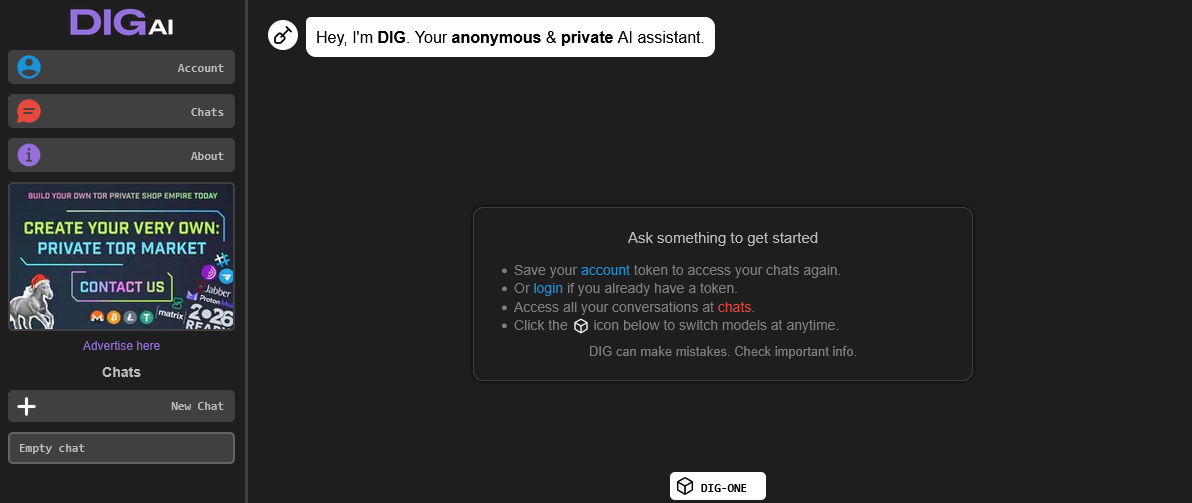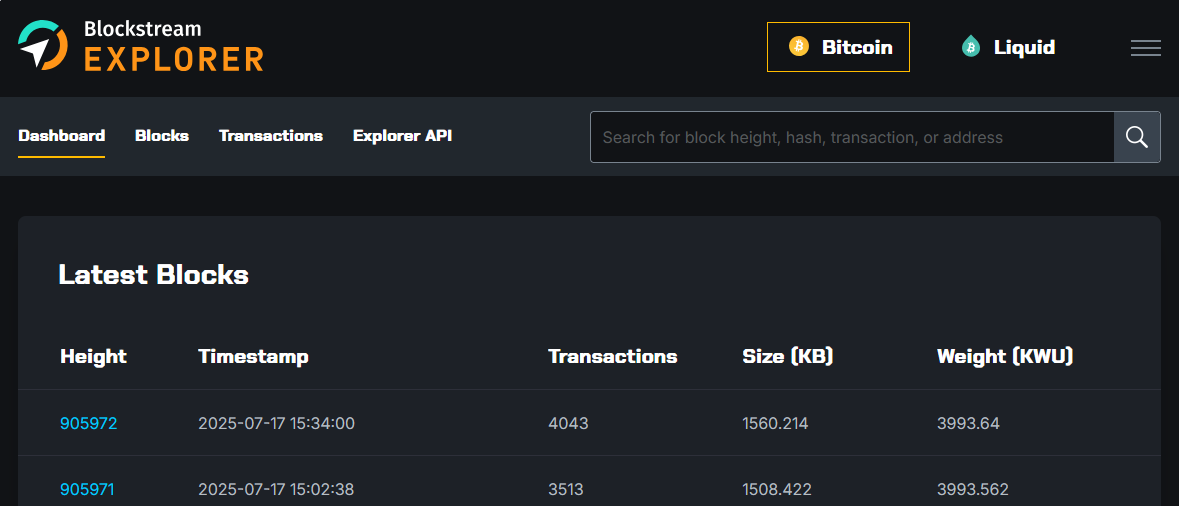
Understanding XMR Nodes and Their Functionality
XMR nodes play a crucial role in the operation of the Monero (XMR) network, contributing to its privacy and efficiency. These nodes serve as the backbone of the Monero blockchain, facilitating transactions and ensuring that the network operates smoothly. Unlike traditional cryptocurrency nodes, which often emphasize speed or transparency, XMR nodes are designed to prioritize confidentiality and anonymity, reflecting Monero’s commitment to user privacy.
When users initiate a transaction using Monero, their data is processed through XMR nodes, which validate and relay the information to the network. This process involves a series of cryptographic techniques that obscure transaction details, such as sender and receiver addresses, as well as the amounts involved. By obfuscating this information, Monero guarantees a level of privacy unattainable by many other cryptocurrencies, making it a preferred choice for those seeking anonymity in financial transactions.
Selecting the right XMR node is critical for transaction success and efficiency. Users can choose between running their own full node or connecting to a remote node. Running a full node provides higher levels of privacy since it eliminates reliance on third-party services that may log user data. Conversely, connecting to a remote XMR node, while quicker and more convenient, introduces potential privacy risks, as it could expose transaction patterns and habits to the node operator.
Furthermore, XMR nodes are unique in their ability to enhance the overall performance of the Monero network. Their functionality includes maintaining the decentralized ledger, ensuring consensus, and protecting user data. By understanding how XMR nodes operate and their significant contributions to network functionality, users can make informed decisions about participating in the Monero ecosystem while safeguarding their transaction privacy.

The Risks of Using Malicious Nodes
As the usage of Monero (XMR) continues to grow, so does the threat posed by malicious nodes within the network. These nodes can be operated by various entities, including chain analysis firms and government agencies, who are keen on monitoring and surveilling the transactions of Monero users. This presents a significant risk for individuals seeking privacy in their transactions, as these entities often aim to de-anonymize users.
Malicious nodes can present themselves in various ways. One common indicator is unusually high latency or instability related to connecting and communicating with the node. If a node frequently disconnects or exhibits slow transaction processing times compared to others, it may be a red flag. Furthermore, employing nodes that require extra information, or that do not align with the established reputation within the Monero community, is also a signal users should heed. Relying on poorly monitored or unknown nodes increases the potential for compromised privacy and, consequently, an erosion of user anonymity.
The implications of using compromised xmr nodes are dire. Users risk exposing their transactional history, which can lead to financial consequences or the unwanted attention of malicious actors. The rise of such nodes has become alarmingly noticeable on the dark web, prompting increasing concerns among users engaged in cryptocurrency transactions. With growing awareness about the existence of these threats, it becomes essential for users to conduct thorough research before choosing which Monero nodes to trust. Implementing practices such as joining reputable communities, utilizing verified node lists, and being aware of the characteristics of reliable nodes contributes to safeguarding one’s privacy and security in the often volatile world of cryptocurrency.
Best Practices for Protecting Your Privacy on XMR Nodes
When it comes to utilizing XMR nodes for Monero transactions, ensuring your privacy should be a paramount concern. One effective strategy to achieve this is by using the Tor network, which allows users to mask their online activities. By routing your internet connection through multiple layers of servers, Tor not only obscures your IP address but also encrypts your data traffic, effectively safeguarding your digital footprint while you transact using XMR nodes.
Another significant practice is to consider running your own XMR node. Operating a personal node grants you greater control over your transactions by reducing reliance on third-party services, which might compromise your privacy. By maintaining your own node, you can verify transactions independently, eliminating the risks associated with connectively to unknown or unreliable nodes. Additionally, having complete control over your node diminishes the potential for malicious entities, often present in public nodes, to monitor your transaction history.
Moreover, employing wallet software that is specifically designed to enhance Monero privacy can significantly bolster your protective measures. Several wallets come equipped with advanced features that facilitate private key management and transaction mixing, ensuring maximum confidentiality during your XMR transactions. To utilize these features effectively, make sure to stay updated with the latest versions and security patches provided by the developers.
Integrating these best practices not only enhances your privacy but can also instill confidence in your use of XMR nodes. While technology facilitates anonymity to a degree, understanding these strategic implementations is essential for maintaining effective protections against unwanted surveillance. Taking these measures allows you to transact with peace of mind, fully engaged in the Monero privacy-focused ecosystem.
Conclusion: Staying Safe in the World of Monero Transactions
As we have explored throughout this blog post, navigating XMR nodes is a vital aspect of safeguarding your Monero transactions. The selection of reliable and secure nodes plays an essential role in maintaining your privacy and anonymity in a world where cryptocurrency transactions are becoming increasingly surveilled.
Emphasizing the importance of due diligence, it is crucial to assess the XMR nodes you choose to connect with. Engaging with reputable nodes not only enhances your transaction security but also protects your identity from prying eyes. As the landscape of cryptocurrency continues to evolve, the risks associated with privacy breaches grow, making informed choices in node selection more relevant than ever.
Moreover, staying updated on the latest developments regarding Monero and associated privacy technologies is key. Engaging with the Monero community offers a wealth of knowledge regarding best practices and insights into the evolving risks tied to cryptocurrency usage. These interactions can provide support and resources, aiding users in navigating their Monero experience efficiently and effectively.
In conclusion, prioritizing vigilance while using XMR nodes is paramount for anyone serious about maintaining their privacy during Monero transactions. By actively choosing secure nodes, remaining informed about potential threats, and tapping into community resources, users can significantly enhance their protection against surveillance. Make it a habit to review your practices regularly to ensure that you are always on the cutting edge of maintaining your anonymity in the cryptocurrency space.








Very interesting information!Perfect just what I was searching for!